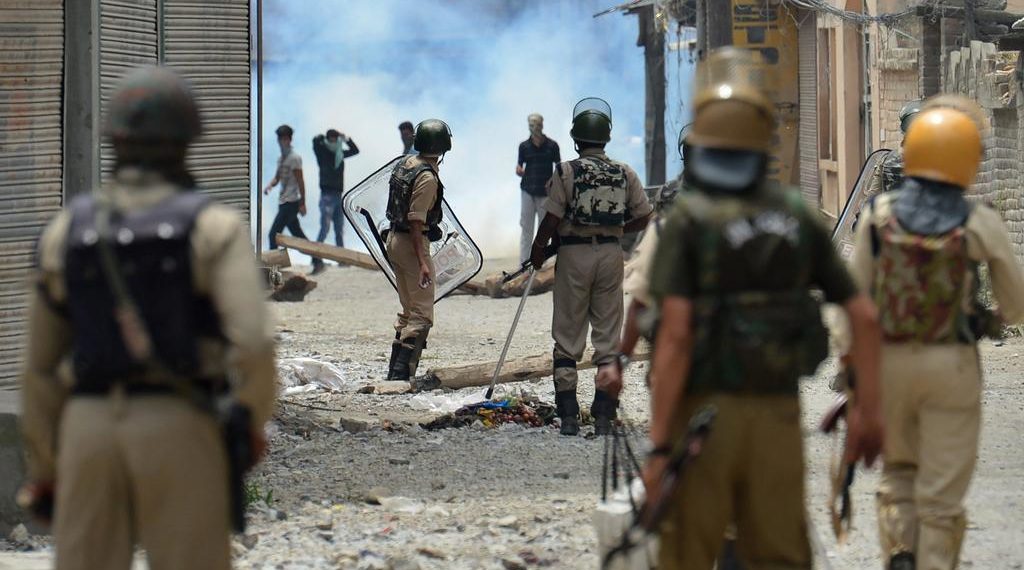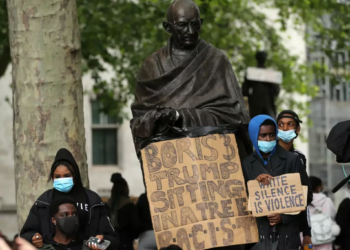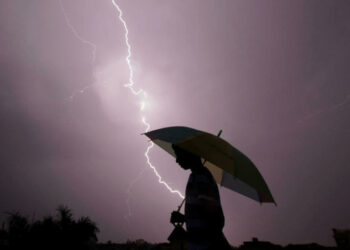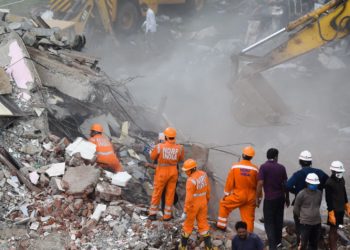Six months ago, on August 5, India’s Prime Minister Narendra Modi revoked the special autonomous status of Jammu and Kashmir (J&K). The presidential order scrapped constitutional Article 370, which formerly allowed J&K to make its own laws, except in foreign affairs, defense, and communications. It also canceled Article 35A, which gave the state legislature the power to determine who is a permanent resident of the territory.
A direct consequence of the revocation is that J&K as a state has been abolished and replaced by two Union Territories (J&K and Ladakh), which will be governed directly from New Delhi. This came into effect on October 31, nearly three months after Modi’s order.
The Muslims of J&K worry that these constitutional changes are part of a plan to allow non-Muslims to settle in Kashmir and change the demographics of India’s only Muslim-majority state. These fears are understandable given the anti-Muslim bias of two recent pieces of India-wide legislation – the Citizenship Amendment Act (CAA) and the National Register for Citizens (NRC) – passed or considered by the Hindu nationalist BJP-dominated parliament.
Opposition to the CAA and NRC has been widespread and not confined to Muslims. It has surprised the Modi government, whose response has been heavy-handed and non-compromising.
Kashmir’s Lockdown
Accompanying the changes to J&K’s legal status and in anticipation of negative reactions to the presidential order, almost 40,000 additional troops were brought into what was already the most militarized zone on earth.
In addition to the increase in the security force presence, a curfew was imposed, schools and universities were closed, the internet was shut down, thousands of tourists and pilgrims were told to leave, and politicians, including former chief ministers Mehbooba Mufti and Omar Abdullah, were put under house arrest.
The Kashmir Valley, the Muslim-majority area of J&K, has been the main focus of the security forces whose approach has been brutal. The troops continue to use, as they have for months, shotgun pellets for crowd control, injuring hundreds of civilians, including women and children.
The valley is effectively still in lockdown mode. This has severely affected the daily lives of some 8 million residents. And while shop owners are allowed to reopen for business, they have instead decided to resist New Delhi’s unilateral move and have self-imposed a shutdown of their businesses.
Modi’s Empty Promises
Although PM Modi has declared that the situation would be back to normal after four months, that hasn’t been the case. On the contrary, the situation has become quite intolerable. It also confirms that Modi’s justification of bringing development to J&K and better integrating it with the rest of India was a fig leave, at best.
The longer Modi’s government takes to lift the clampdown, the worse the Kashmiris’ reaction. As Pakistan’s Prime Minister Imran Khan put it succinctly and bluntly when addressing the U.N. General Assembly in September, there “will be a bloodbath when the curfew is lifted.”
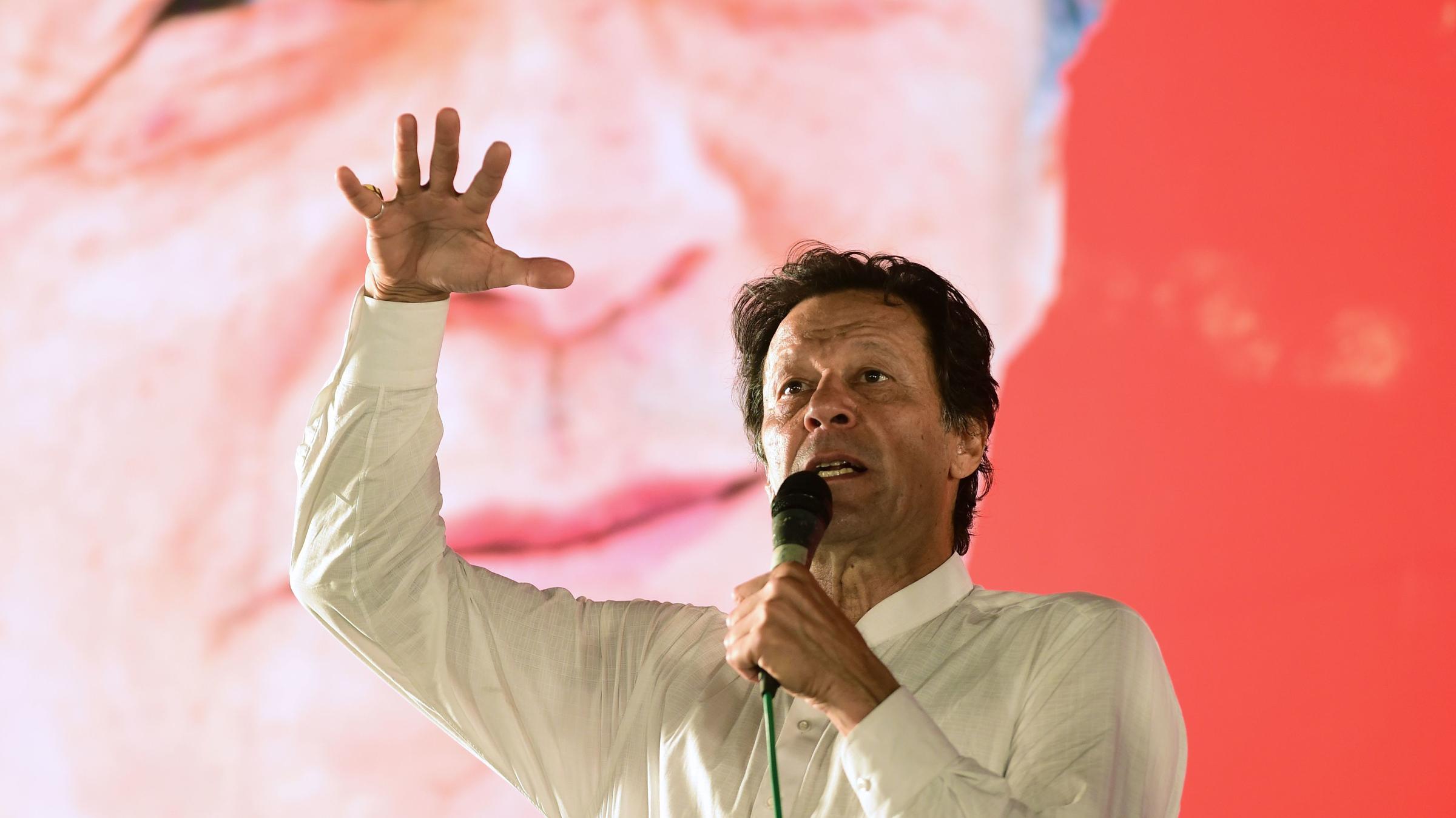
Last week, New Delhi finally lifted internet restrictions in the Kashmir Valley after the Supreme Court ruled that web access was integral to an individual’s right to freedom and expression. However, such heavy restrictions were imposed, including only access to 2G and no access to any social media or search engines, that it made the end to the world’s longest internet shutdown in a democracy virtually meaningless.
In addition to the human cost of this massive clampdown, the economic consequences of Modi’s decision to effectively shut down Kashmir have been catastrophic. The Kashmir economy has suffered losses of over 20 percent of its annual output. And sadly, because an early return to normalcy is not on the cards, the economic costs will continue to rise.
International Condemnation
To the chagrin of Modi, the situation in Kashmir and his government’s anti-Muslim policies has not gone unnoticed among political leaders and the media alike. For example, German Chancellor Angela Merkel and U.K. Prime Minister Boris Johnson have condemned the security forces’ unacceptable tactics in Kashmir.
The U.S. Congress held a public hearing in October on the situation in Kashmir, and in December, it passed a resolution urging the Indian government to lift restrictions in Kashmir.
E.U. lawmakers have drafted a resolution highly critical of Modi’s Kashmir and “anti-Muslim CAA,” which violates India’s international obligations. This resolution will probably be tabled in March.
Respected newspapers such as The Washington Post and The New York Times, which are generally sympathetic to the Indian government, have begun to run stories much less favorable to the Indian authorities.
Finally, the U.N. rights chief has been scathing of the situation in Kashmir and has demanded that the Indian authorities “fully restore the rights that are currently being denied.”
Probably the most damaging international reaction has been the front cover of this week’s The Economist, whose headline, Intolerant India, How Modi is endangering the world’s biggest democracy, summed it up tersely.
How India's prime minister and his party are endangering the world's biggest democracy. Our cover this week https://t.co/hEpK93Al11 pic.twitter.com/4GsdtTGnKe
— The Economist (@TheEconomist) January 23, 2020
But while there has been an adverse reaction to Modi’s Kashmir and anti-Muslim policies, the international community, led by the U.S., is not about to abandon New Delhi. India has potentially too important of a role to play in the (almost inevitable) great power confrontation in the Indo-Pacific for the West to isolate it over these domestic issues.
And tellingly, most Muslim countries have ignored what is happening in Kashmir and India altogether. The commercial opportunities in India are simply too great to be jeopardized over these issues.
While India may be left off the hook for the moment, in the long-term, the Modi government’s policies don’t augur well for the future stability of the world’s “largest democracy.” And that’s bad news for everyone.
Disclaimer: The views and opinions expressed here are those of the author and do not necessarily reflect the editorial position of The Globe Post.

